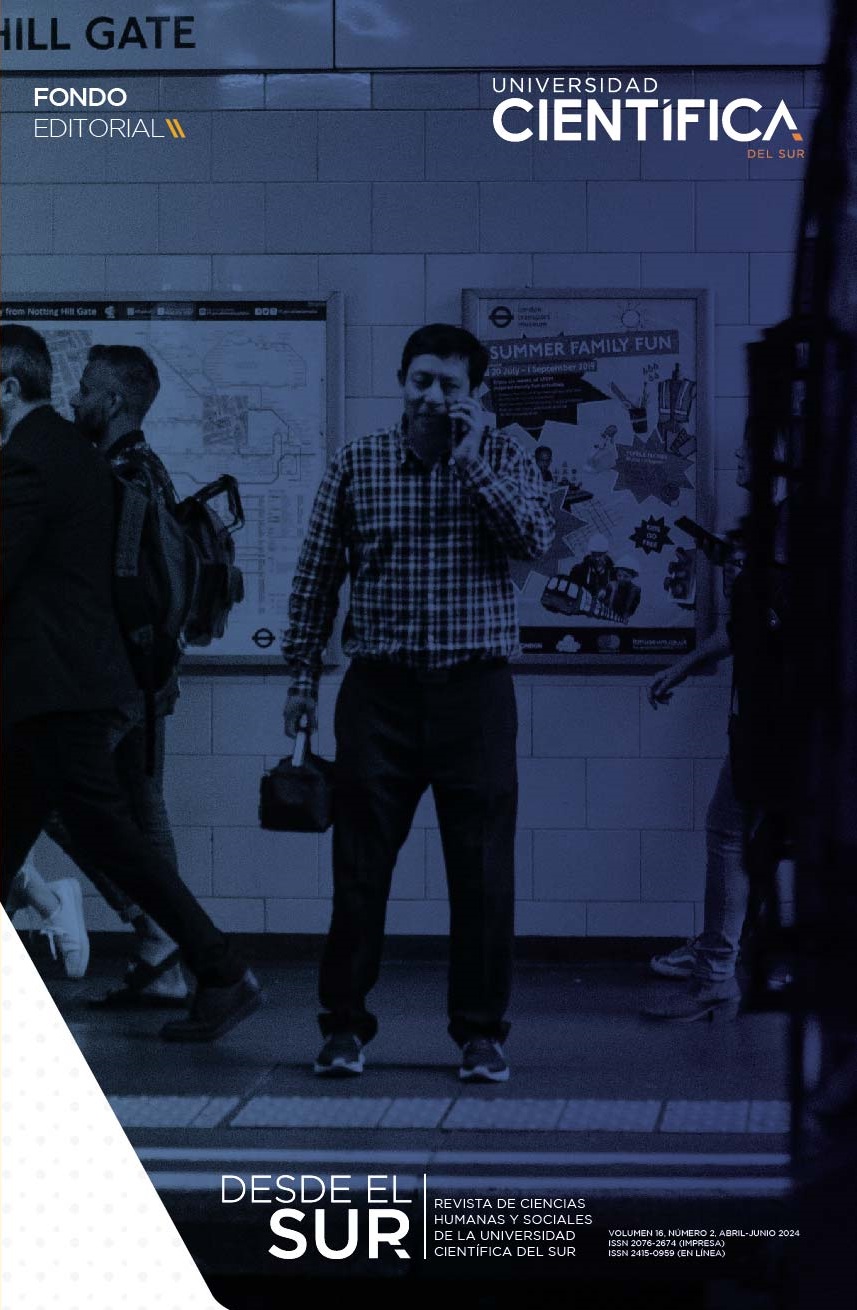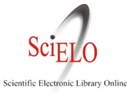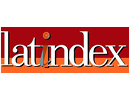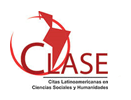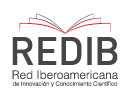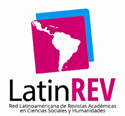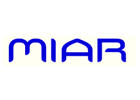Journalism in times of post-truth and misinformation.
Analizing the work of digital platform’s journalists from El Comercio and RPP
DOI:
https://doi.org/10.21142/DES-1602-2024-0032Keywords:
post-truth, misinformation, journalism, digital media, ethicsAbstract
In the face of the digital and communications revolution, journalism has reached new platforms on the Internet where it often seeks to reinvent itself to face the new information ecosystem. This research aims to know about the journalistic work, through internet, in contrast with one of the major issues of our time: the post-truth and misinformation. The data was collected from journalists who work in El Comercio and RPP, two of the most important media in Peru, following qualitative methods and in-depht interviews. The results obtained shows ethics and journalistic values, more than ever, are very important to deal with the new information ecosystem and its threats. In addition, online content speed and variety, and the different sources where it comes from, despite the journalists’ effort, present a risk to publish and consume information nowadays.
Downloads
References
Allcott, H., & Gentzkow, M. (2017). Social media and fake news in the 2016 election. Cambridge, MA: National Bureau of Economics Research.
Anderson, C. W., Bell, E., & Shirky, C. (s.f.). Post-Industrial Journalism: Adapting to the present. Tow Center for Digital Journalism, Columbia Journalism School.
Bernal-Triviño, A. y Clares-Gavilán, J. (2019). Uso del móvil y las redes sociales como canales de verificación de fake news. El caso de Maldita.es. El profesional de la información, v. 28, n. 3, e280312. https://doi.org/10.3145/epi.2019.may.12
Blanco-Alfonso, I., Chaparro-Domínguez, M.Á., & Repiso, R. (2021). El fact-checking como estrategia global para contener la desinformación. Estudios sobre el Mensaje Periodístico 27 (3), 779-791. https://doi.org/10.5209/esmp.76189
Boczkowski, P., & Mitchelstein, E. (25 de Enero de 2018). Revista Anfibia. Obtenido de Quién marca la agenda informativa: la tiranía del click: http://www.revistaanfibia.com/ensayo/la-tirania-del-click/
Boczkowski, P., Mitchelstein, E., & Matassi, M. (25 de Enero de 2018). Revista Anfibia. Obtenido de El medio ya no es medio ni mensaje. Noticias, jóvenes y consumos: http://www.revistaanfibia.com/ensayo/medio-ya-no-mensaje/
Braithwaite, M. (30 de Octubre de 2017). Can the tools of fake news fight fake news? Obtenido de New Media Advocacy: https://thetilt.org/can-the-tools-of-fake-news-fight-fake-news-b977997bced4
Chan, E., Beaman, L., y Stevie Zhang (6 de mayo de 2021). First Draft study offers insights into Facebook comment sections, where vaccine misinformation sometimes goes undetected. First Draft. Recuperado de https://firstdraftnews.org/articles/vaccine-misinformation-in-facebook-comment-sections-a-case-study/#
Dodson, K., Mason, J., y Rory Smith (13 de octubre de 2021). Covid-19 vaccine misinformation and narratives surrounding Black communities on social media. First Draft. Recuperado de https://firstdraftnews.org/long-form-article/covid-19-vaccine-misinformation-black-communities/
Fowks, J. (2017). Mecanismos de la posverdad. Lima: Fondo de cultura económica del Perú.
López-Borrull, A.; Ollé, C. (2019). La curación de contenidos científicos como res-puesta a las noticias y a la ciencia falsas. Anuario ThinkEPI, v. 13, e13e07. https://doi.org/10.3145/thinkepi.2019.e13e07
López-Borrull, A.; Sanz-Martos, S. (2019). Desmontando fake news a través del conocimiento colaborativo. Anuario ThinkEPI, v. 13, e13d01. https://doi.org/10.3145/thinkepi.2019.e13d01
Lopez, M. d. (1998). Fundamentos éticos de la prensa en América Latina. Madrid: Universidad Complutense de Madrid, Departamento de periodismo.
Mendoza, M. (2017). El rostro de los diarios digitales en el Perú. Lima: Universidad de Lima.
Mittermeier, J. (2017). Desmontando la posverdad. Nuevo escenario de las relaciones entre la política y la comunicación. Barcelona: Universitat Autònoma de Barcelona, Departamento de Medios, Comunicación y Cultura.
Pariser, E. (2011). The filter bubble: how the new personalized web is what we read and how we think . Penguin Group.
Peñafiel Sáiz, C. (2016). Reinvención del periodismo en el ecosistema digital y narrativas transmedia. AdComunica. Revista Científica en Estrategias, Tendencias e Innovación en Comunicación, Nº 12, 163-182.
Redondo, M. (2018). Verificación digital para periodistas. Manual contra bulos y desinformación internacional. Barcelona: Editorial UOC.
Restrepo, J. D. (2004). El zumbido y el moscardón. Taller y consultorio de ética periodística. México D.F.: Fundación para el Nuevo Periodismo Iberoamericano.
Reuters Institute (2023). Digital News Report 2023. Reuters
Salazar, D. (2018). No hemos entendido nada: qué ocurre cuando dejamos el futuro de la prensa a merced de un algoritmo. Lima: Penguin Random House.
Shane, T., Saltz, E., y Claire Leibowicz (12 de mayo de 2021). From deepfakes to TikTok filters: How do you label AI content?. First Draft. Recuperado de https://firstdraftnews.org/long-form-article/from-deepfakes-to-tiktok-filters-how-do-you-label-ai-content/
Starbird, K., Arif, A., y Tom Wilson. (2019). Disinformation as Collaborative Work: Surfacing the Participatory Nature of Strategic Information Operation. PACMHCI. 3, Computer-Supported Cooperative Work (CSCW 2019). Article 127.
Viner, K. (12 de Julio de 2016). How technology disrupted the truth. Obtenido de The Guardian: https://www.theguardian.com/media/2016/jul/12/how-technology-disrupted-the-truth
Wardle, C., & Derakhshan, H. (2017). Information disorder: toward an interdisciplinary framework for research and policy making. Strasbourg: Council of Europe.
Downloads
Published
Issue
Section
License

Esta obra está bajo una licencia http://creativecommons.org/licenses/by-nc-sa/4.0/

